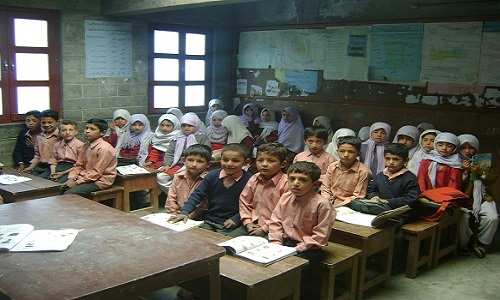4,369 total views, 1 views today
The subordination of women is not news; it is common in all cultures, regions, towns and states. Gender inequality can be seen in all areas of life and among people in different walks of life. The Rich subordinate women, likewise the poor. Both the young and old men subjugate women. The illiterates and literates also oppress women. Since there are various areas where we can study the oppression of women, this article will focus more on how women are being oppressed in Nigeria culture. The way our culture is designed oppresses women, whether consciously or unconsciously. The creation of some rules, norms and traditions do not favour women. Gender inequality is the process of oppressing, subjugating or subordinating women and their powers. Women have learnt to accept the unfavorably conditions because they see it as normal, their culture and traditions.
- Decision Making Process
The root of the problem of subjugation of women is from the making and formulation of rules, norms and traditions. Right from the traditional era, women are being exempted from decision making process and are expected to keep their mouth shut when the men are talking. The rules and ways of behaviour are mostly decided on by the elders, house-heads, village heads and traditional rulers, which are mostly men. In cases where women are allowed to attend meetings on decision making, their voices are not always heard and whatever they say are not reviewed. This inability to see women as decision-makers leaves them no choice than to accept the rules made by men, thus, oppressing them.
- Oppression In Household
The culture, to an extent permits the oppression of women in the house through the feminine roles and responsibilities expected of a good woman. Many women are also oppressed in the house. They are the first to wake up in the house and the last to sleep. This act is seen as normal because of the expected feminine roles. But, in the normal sense, it is oppression. Men and women have equal hours in the day and there should not be higher responsibilities that will have negative effect on one side. Despite the feminine roles, some women are not appreciated in their house. Some are turned to punching bags, slaves and maids in their own houses by their husbands and some male children.
- Oppression through Traditions
There are many traditions that subordinate women and young girls. A good example is on the issue of virginity before marriage in some culture. A young woman that lost her virginity before the wedding night will be publicly disgraced and banished from the village. This punishment should not only be given to her. The man that took her virginity should also be held responsible because he is also aware of this tradition. Both the man and woman involved in pre-marital sex should dance to the tune of their crime.
Another tradition is on the tradition of widowhood and inheritance. A widow is being oppressed by being held responsible for the death of her husband and also by not given reasonable inheritance left by her late husband. The transfer of women to her brother-in-law also serves as subordination especially among those that are forced. Some widows only agree to this tradition of levirate because they are being threatened, some agree so as to have portion of the inheritance left by their husband and some, for the sake of their children.
Women are not allowed to be masquerades, even if they are from that lineage. In the traditional priest lineages, only few women are allowed to be priests while the men are given upper hand. No matter the ancestral power deposited in a woman, she is expected to lay them down while some are being coerced out of the position.
